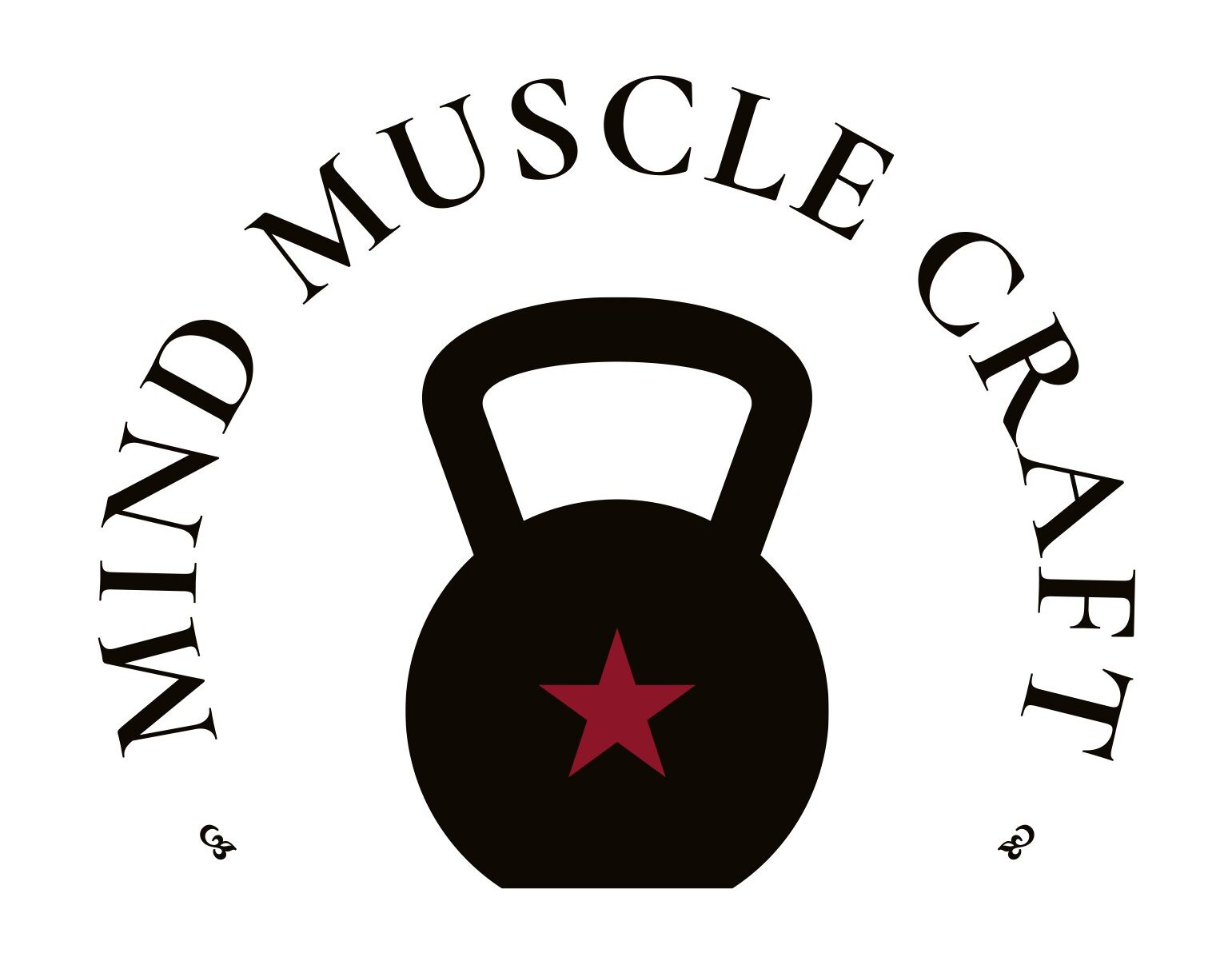Collagen Protein vs. Type II Collagen: Understanding the Differences and Benefits
Introduction:
Collagen supplements have gained significant popularity in recent years, touted for their potential to support skin health, joint function, and overall well-being. Among the various types available, two stand out: collagen protein and type II collagen. While both offer promising benefits, understanding their unique mechanisms of action and applications is crucial for making informed choices. In this article, we’ll delve into the differences between collagen protein and type II collagen and explore their respective benefits.
Type II Collagen: Targeted Support for Joint Health
Type II collagen, primarily derived from chicken cartilage, operates through immunomodulation effects. By reducing inflammation and suppressing the immune response attacking cartilage, type II collagen proves particularly effective for individuals with conditions such as rheumatoid arthritis. Its anti-inflammatory properties benefit joint cartilage, promoting pain relief and supporting cartilage repair. Research has shown that regular consumption of type II collagen can enhance joint function and reduce chronic pain associated with arthritis.
Moreover, type II collagen supplementation has demonstrated benefits beyond arthritis management. Healthy individuals experiencing joint discomfort during exercise have reported improved endurance and reduced soreness when consuming type II collagen. Some supplements also incorporate additional compounds like glucosamine and chondroitin, further aiding in the rebuilding and maintenance of joint structures.
Collagen Protein: Versatile Support for Tissue Health
Collagen protein, often marketed as hydrolyzed collagen or collagen peptides, offers a broader spectrum of benefits beyond joint health. Through a hydrolyzation process, collagen is broken down into peptides, enhancing its absorption and utilization by the body. While only a portion of these peptides are absorbed intact, they stimulate collagen production, providing essential building blocks for tissue repair and regeneration.
Studies indicate that collagen protein supplementation supports not only joint health but also skin elasticity, muscle recovery, and overall tissue integrity. The high glycine and proline content of collagen peptides contribute to their efficacy in promoting connective tissue health. Additionally, collagen protein may have a muscle-sparing effect by leaving more essential amino acids available for muscle protein synthesis.
Choosing the Right Collagen Supplement
When selecting a collagen supplement, it’s essential to consider your specific health goals and needs. If you’re primarily focused on joint health and inflammation reduction, type II collagen may be the preferred choice. Conversely, if you seek comprehensive support for tissue health, including skin, muscles, and joints, collagen protein offers a more versatile option.
It’s worth noting that the quality of collagen supplements can vary significantly among products on the market. Look for reputable brands that adhere to stringent manufacturing standards and provide transparent information about their sourcing and production processes. Consulting with a healthcare professional or nutritionist can also help tailor supplementation to your individual requirements.
Conclusion:
Collagen supplementation presents an opportunity to support overall health and well-being, with both collagen protein and type II collagen offering distinct benefits. Type II collagen targets joint health through its anti-inflammatory effects, while collagen protein provides versatile support for tissue repair and regeneration. By understanding the differences between these supplements and their respective mechanisms of action, individuals can make informed choices to optimize their health outcomes.
Whether you’re seeking relief from joint discomfort, aiming to enhance muscle recovery, or simply looking to maintain vibrant skin, collagen supplementation holds promise as a valuable addition to your wellness routine. With careful consideration and guidance, you can harness the potential of collagen to support your journey toward optimal health and vitality.

